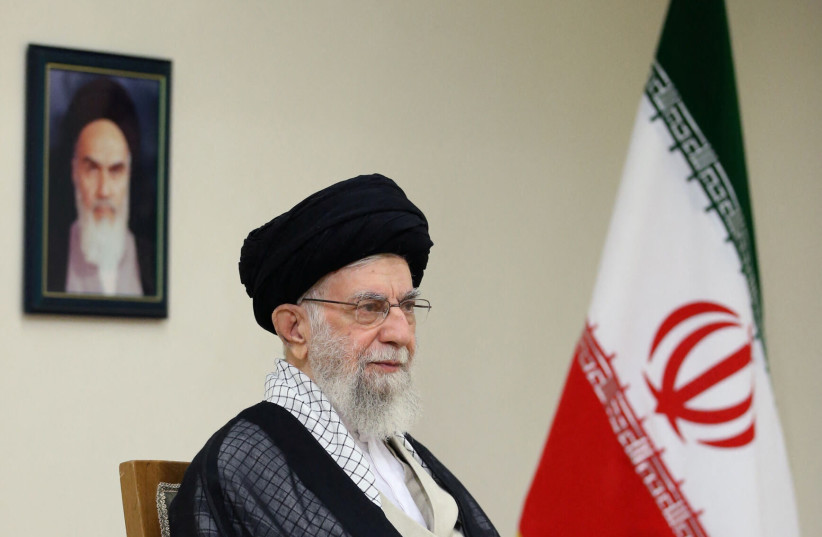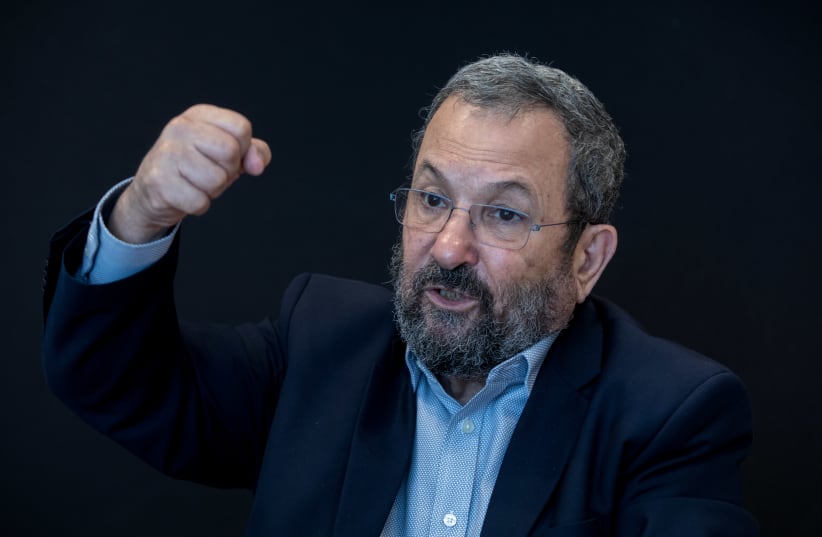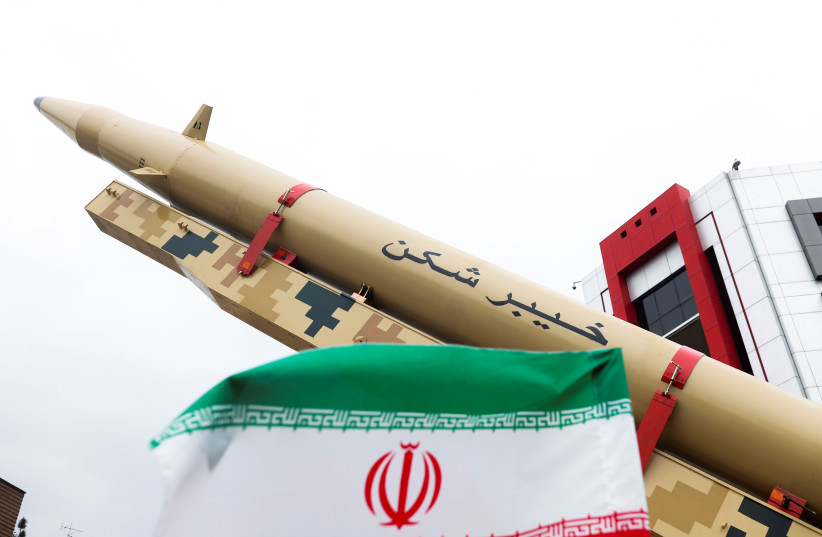Iran is close to becoming a nuclear state and military action will no longer be effective in stopping the Islamic Republic's nuclear program, former prime minister Ehud Barak warned this week.
An evolution of nuclear legitimacy
Barak made the assessment in a column he penned for Time Magazine in which he argued that while attacks can be carried out, they are unlikely to succeed in delaying the program.
"Both Israel and (for sure) the US can operate over the skies of Iran against this or that site or installation and destroy it. But once Iran is a de-facto threshold nuclear state this kind of attack simply cannot delay the Iranians from turning nuclear. Indeed, under certain circumstances it might accelerate their rush toward assembling that bomb, and provide them a measure of legitimacy on grounds of self-defense," Barak wrote.

With that said, the former prime minister and IDF chief of staff called on the United States to help provide Israel with the means needed to carry out an independent military attack against the Iranian nuclear program if "both governments are convinced it is absolutely necessary."
When will Iran turn nuclear?
Israel should be reserved the right to a large-scale military operation against the Islamic Republic, as a nuclear breakout "will most probably" occur when the US has its hands full with other crises across the globe, Barak said.
"This summer, Iran will turn into a de-facto threshold nuclear state," Barak added, further warning that operations over Iranian skies "simply cannot delay the Iranians from turning nuclear."
Instead, Barak argued, small-scale operations by both Israel and the US can only accelerate the Islamic Republic's rush to the nuclear bomb, with them providing Iran's program legitimacy "on grounds of self-defense."
Despite his warning, the former prime minister is still hopeful a diplomatic ultimatum "backed by credible threat of a wide-scale war" could be a "realistic" approach.
"Nothing short of that can assure a result," he claimed.
A severe change in Middle East's security balance
If Iran is indeed allowed to complete its nuclear mission, Israel will face a "new and severe change for the worse in the security balance of the Middle East," Barak warned.
"Iran is already a tough and bitter rival, operating against Israel and others, directly and by proxies in Iraq, in Syria, Lebanon, and Yemen, while spreading terror, chaos and insurgency wherever they can."
"I would not for a moment underestimate their capacity to harass Israel and others, disrupt normal life, or their wish to see Israel defeated," Barak said.
"I would not underestimate [Iran's] capacity to harass Israel"
Former Israeli prime minister Ehud Barak in TIME Magazine, July 25, 2022
This, Barak says, is because the Islamic Republic regime's survival is dependent on Iran's nuclear capabilities.
"It assures that no one will dare to intervene on a wide scale in Iran, no matter how vulnerable the regime appears," Barak explained. "Nuclear capability will also...give the Iranians more freedom to sow conflicts and disorder all over the region."
NPT collapse in the Middle East
Another casualty of Iran's nuclear program is the Treaty on the Non-Proliferation of Nuclear Weapons, or NPT, Barak said. According to the former PM, Iran's nuclear ambitions could be emulated by Turkey, Egypt and Saudi Arabia, seeing a collapse of the NPT in the Middle East.
The success of negotiations between Iran and world powers on the revival of the 2015 Joint Comprehensive Plan of Action (JCPOA) could help prevent other nations from seeking nukes, Barak argued, even a "dubious deal would still serve useful purposes."
"A lot should be done with operational and diplomatic cooperation, from covert ops to public policy," Barak said, "to prepare much tougher sanctions as well as operational contingencies to be activated if or when Iran appears to rush towards assembling a weapon."
The US must make sure "high investments in intelligence minimizes the risk of missing any crucial development."

